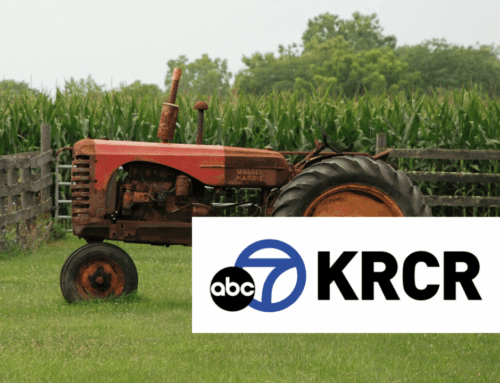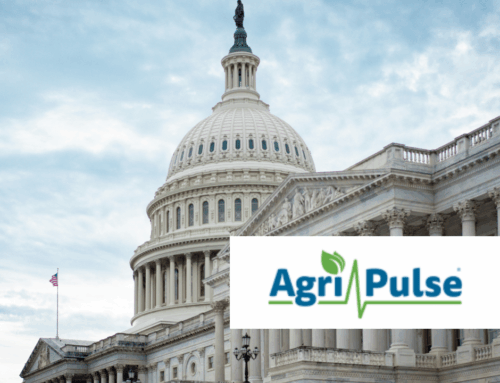President Biden has broken with tradition. In his first budget out of the gate, he has abandoned bipartisan efforts to reform excessive farm subsidies. The budget request includes exactly ZERO dollars in cuts for so-called farm safety net programs managed by the US Department of Agriculture (USDA). This is unprecedented.
Finding excess in farm subsidy programs has been so easy that every president since TCS started (1996) has found SOMETHING to eliminate or trim. Even though Presidents Obama and Trump agreed on little, they both proposed tens of billions in common sense cuts to farm subsidy and crop insurance programs. The subsidies their budget requests highlighted have a history of wasting taxpayer dollars on programs that fail to help agriculture become more resilient in the face of financial, climate, environmental, and other challenges. In fact, in the crop insurance program itself, Presidents Obama and Trump often proposed the same reform.
- Farm subsidy reforms FY2019-FY2022
- Crop insurance reforms FY2013-FY2022
In the past, certain policymakers have taken bipartisan administrations’ advice to subsequently propose cost-effective reforms to agriculture subsidies to make them more accountable, transparent, and equitable – for both farmers and taxpayers. These farm subsidy reforms – whether in legislation, amendments, and even entire farm bills passed on the House and Senate floors – are ultimately overwhelmingly supported on a bipartisan basis. Unfortunately, they rarely make it over the final finish line, but ardent farm subsidy reformers like Sen. Chuck Grassley (R-IA) continue to beat the drum.
The message shouldn’t have gotten lost in the shuffle though. Both President Biden and U.S. Department of Agriculture (USDA) Secretary Vilsack have been around the block. Vilsack was Secretary under the Obama Administration when farm subsidy reforms were proposed – every year and in large amounts (for example $32 billion in FY2013, $38 billion FY2014). With Biden and Vilsack failing to propose stricter income eligibility criteria, limits on payments, common sense crop insurance changes, and other reforms, they’ve missed a huge opportunity to bring more accountability and cost-effectiveness to the burgeoning farm safety net. Government payments to agriculture rose to record levels last year ($47 billion, up from $23 billion in 2019) – partially due to COVID-19-related payments – but also due to redundant and excessive underlying farm bill subsidies. Yet, the FY22 budget calls for ZERO reforms.
It is a major disappointment that the Biden Administration bucked tradition and failed to propose common sense reforms to the agricultural safety net in the FY22 Budget Request. As always, we will continue to propose ways to increase accountability in the farm safety net for the taxpayers who foot the bill, in addition to reorienting farm policy to promote resilience in the face of future climate challenges.
If the Biden Administration is real about combating climate change, underlying agriculture subsidies promoting risk-taking at taxpayer expense must be eliminated. Otherwise, future climate policies will be undermined by – and taxpayer dollars wasted on – perverse incentives that discourage the adoption of cost-saving, carbon-enhancing conservation practices. The administration can and must do better.










